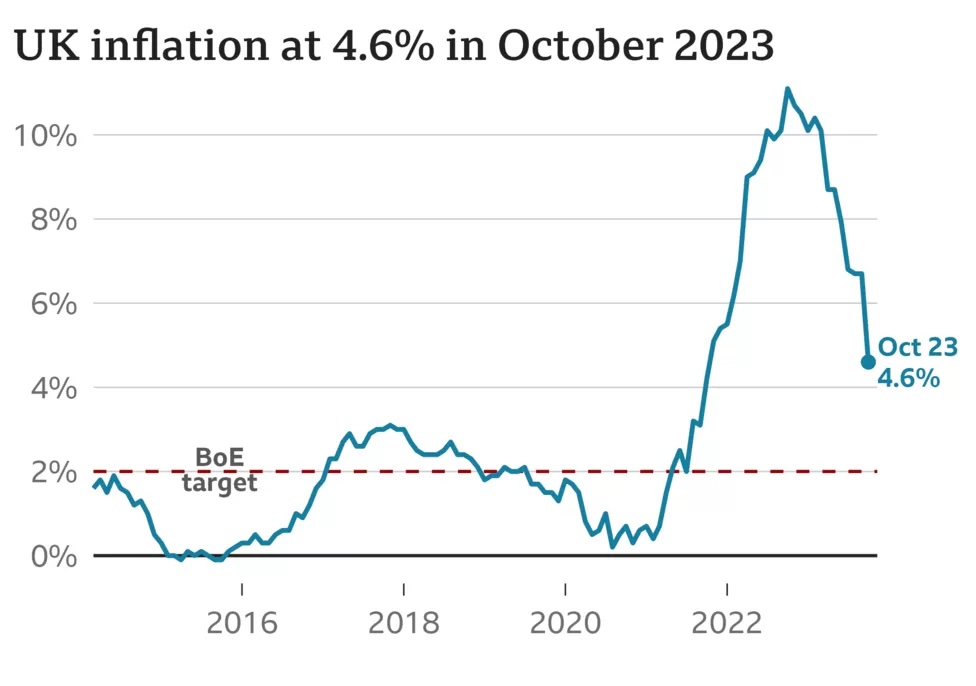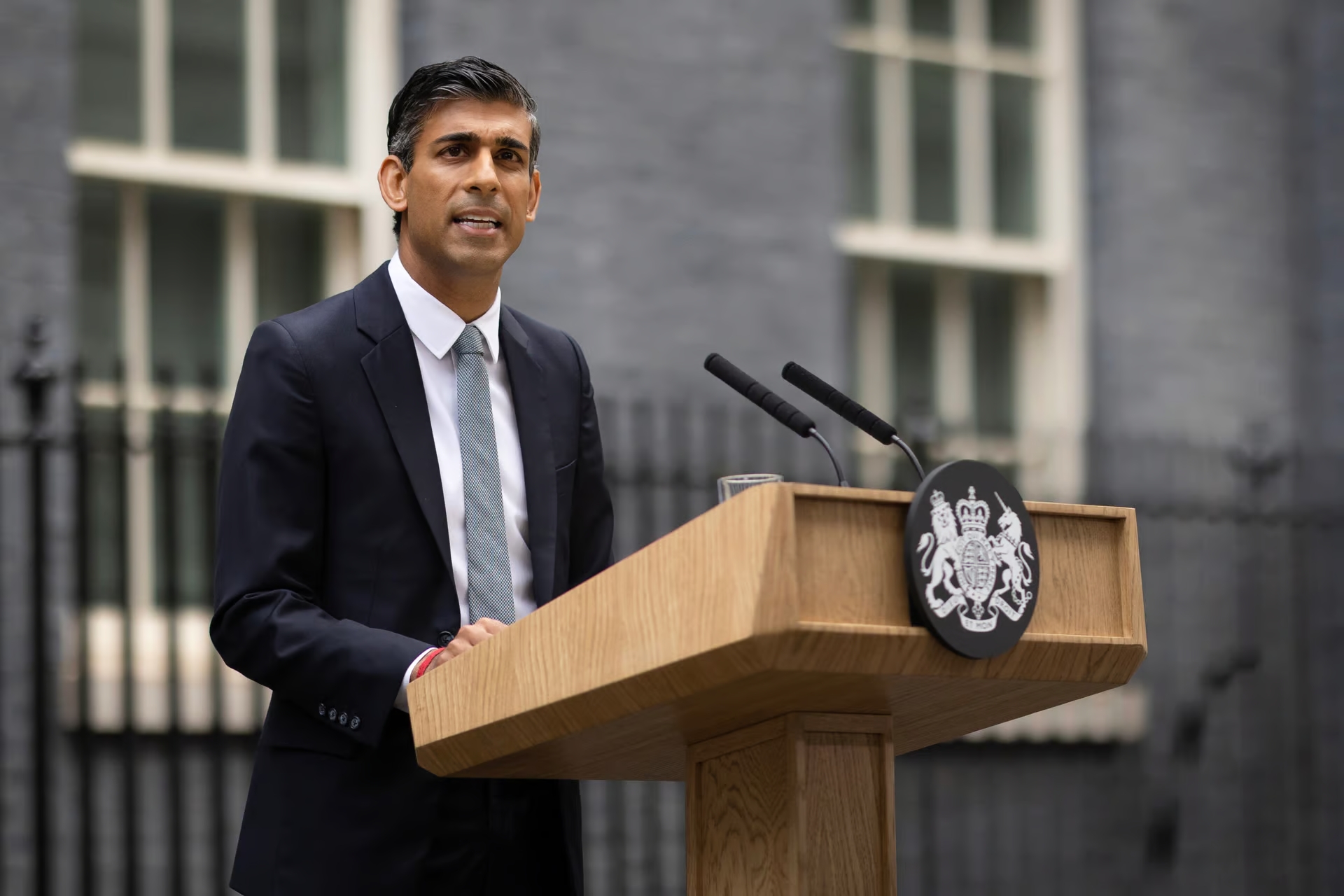Prime Minister Rishi Sunak has called for tax cuts
Citing the easing of inflation as a significant factor. While Sunak’s plan to reduce taxes in a responsible manner is commendable, it raises questions about the potential risks and benefits associated with such a move. As the Autumn Statement approaches, it becomes crucial to analyze whether this proposal is a bold stride towards economic growth or a risky gamble.

Decrease in Inflation
The government’s achievement of halving inflation, with the October figure dropping to 4.6%, is undoubtedly a positive development. Lower global energy prices played a significant role in this decrease. However, it is important to consider whether this temporary relief in inflation is sufficient grounds for implementing tax cuts.
The argument for tax cuts is not unwarranted, considering that tax levels in the UK are currently at their highest in seven decades. However, it is essential to carefully evaluate the potential consequences of reducing taxes without compromising vital public services and welfare programs. The government’s ability to strike a balance between tax cuts and maintaining essential services will be a key factor in determining the success of this proposal.
Focus on Rewarding Hard Work and Supporting Businesses
Sunak’s emphasis on “rewarding hard work” is an appealing concept, and targeting national insurance for tax cuts seems logical. However, it is crucial to ensure that these cuts are distributed equitably and do not disproportionately benefit the wealthy. Additionally, the government must consider the potential impact on revenue and the overall tax system’s fairness.
The focus on business taxes as a means of promoting growth is a strategy that has been debated for years. While reducing taxes for businesses may encourage investment and innovation, it is essential to ensure that these measures do not result in a loss of revenue that could hinder essential public services. Striking a balance between supporting businesses and maintaining a fair tax system will be critical in evaluating the success of this proposal.
Criticism and Opposition
Opposition parties have expressed skepticism about the government’s ability to deliver on its pledges and its overall economic record. Concerns have been raised regarding the potential de-prioritization of the National Health Service (NHS) and the consequences of tax cuts on public welfare programs. These concerns highlight the need for a comprehensive analysis of the potential trade-offs associated with tax cuts.
Prime Minister Rishi Sunak’s proposal for tax cuts presents both opportunities and risks for the UK economy. While the easing of inflation and the desire to reward hard work are valid considerations, the government must carefully assess the potential consequences of reducing taxes. Striking a balance between providing economic stimulus and maintaining essential public services will be crucial. As the Autumn Statement approaches, it is imperative to thoroughly evaluate the potential benefits and risks associated with this proposal to ensure a sustainable and prosperous future for the country.
